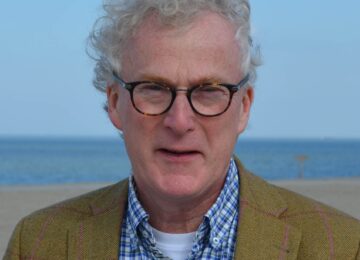Voorrang projecten die bijdrage aan congestieverzachting
Toezichthouder ACM wil netbeheerders de mogelijkheid bieden om aanvragen die een ‘groot algemeen belang’ dienen, voorrang te verlenen op de wachtrij. Bij een groot algemeen belang wordt door de ACM gesproken over partijen die kunnen bijdragen aan bijvoorbeeld congestieverzachting, veiligheid of verduurzaming. De ACM heeft hiervoor recent een ontwerp-codebesluit gepubliceerd.
Op dit moment zijn netbeheerders verplicht om alle aanvragen in volgorde van binnenkomst te behandelen, ook wel first-come-first-serve genoemd. Deze aanpak resulteert op dit moment in lange wachtrijen. De ACM ziet het als zinvol om bepaalde aanvragen prioriteit te geven vanwege het zwaarwegende belang dat deze projecten hebben op de samenleving en energietransitie.
De ACM maakt daarbij onderscheid in vier categorieën. De eerste categorie, met de meeste prioriteit, zijn congestieverzachters’, oftewel ““een partij waarvan de netbeheerder, op basis van een tussen de netbeheerder en desbetreffende partij gesloten bindend contract, vaststelt dat het toekennen van transportcapaciteit aan deze partij ertoe leidt dat er transportruimte op het net beschikbaar komt”. De overige categorieën zijn partijen die het belang van veiligheid dienen (denk aan politie, hulpdiensten, e.d.), voorzien in een bepaalde basisbehoefte (woningbouw, onderwijs, e.d.) en bijdragen aan verduurzaming (zowel productie als vraag).
Energy Storage NL ziet op basis van het ontwerp-codebesluit kansen voor energieopslagprojecten om sneller te worden aangesloten. Het is daarbij wel van belang dat deze projecten kunnen aantonen dat bijgedragen wordt aan vermindering van netcongestie. Om dit te bepalen verwacht ESNL dat onder meer gestuurd zal worden op gewenste locaties en aansluitvoorwaardes voor energieopslag. ESNL hamert hierbij op het geven van voldoende zekerheid richting marktpartijen om op deze manier energieopslagprojecten financierbaar te maken. Hierover is ESNL zowel in gesprek met de ACM als met de netbeheerders.





